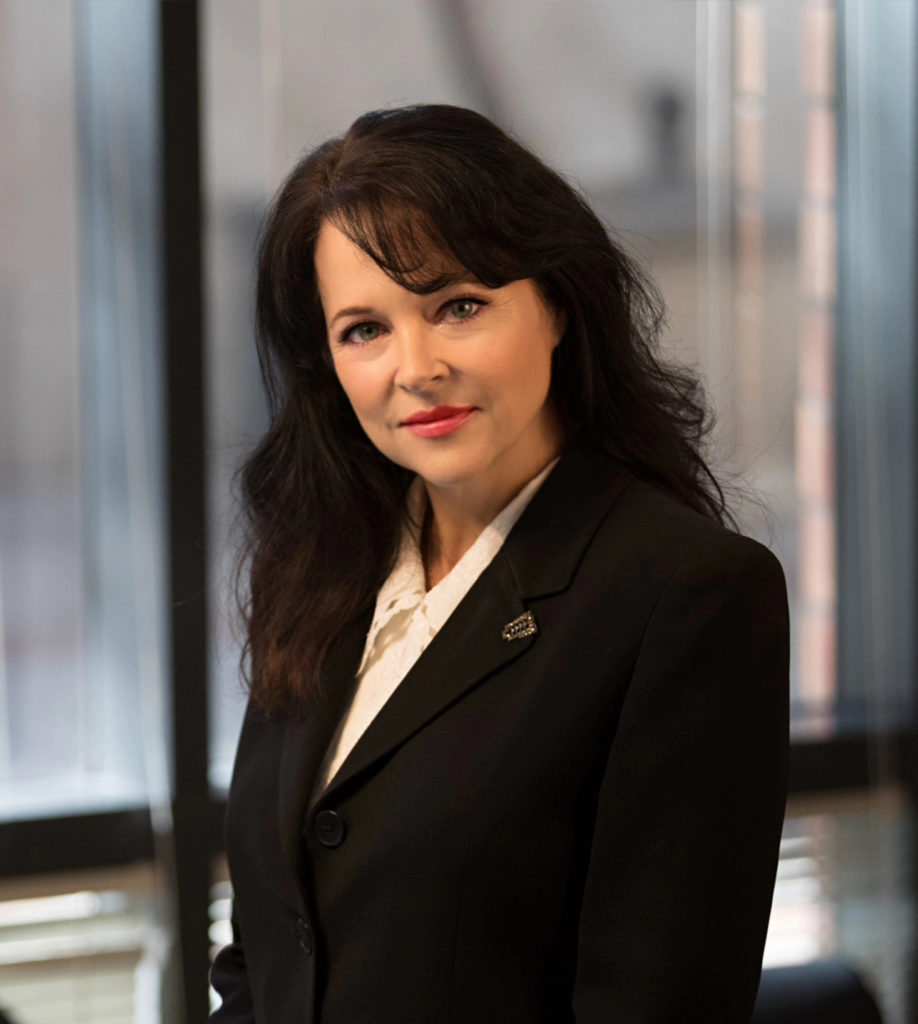
Seri Bryant
Associate
818.212.2655
"
The quality of your thinking determines the quality of your life. "

Danny Abergel
Senior Associate
CA BRE: 01797904
818.212.2715
"
Beware of the little expenses. A small leak can sink a great ship."

Rebekah Snyder
Senior Research Analyst
818.212.2731
"
Two things define you. Your patience when you have nothing, and your attitude when you have everything."

Jesica Ocheltree
Operations Manager
818.212.2730
"
Happiness is a choice, not a result. "

Jesica Ocheltree
Operations Manager
818.212.2730
"
Happiness is a choice, not a result. "

Kathy Magallanes
Certified Agent Support Specialist
"
Success is not in what you have, but who you are."

Andrea Tuch
Marketing Manager
818.212.2660
"
The highest form of wisdom is kindness."

Hunter Stratton
Associate
CA BRE:
818.212.2730
Hunter Stratton is the newest member of the NNN team. He started his career as an award-winning sales representative and sales manager for Southern Glazer’s Wine & Spirits. Where he represented some of the most prestigious brands in the industry like Dom Perigon, Jonnie Walker, and Don Julio. Due to Covid-19 he was forced to change careers and started working in residential real estate, working directly with one of the top agents in the Coachella Valley, California. Hunter’s natural ability to build trusting relationships, his motivation to succeed, and his innate customer service skills are an asset to brokerage.
When Hunter isn’t working you can find him at the golf course, fishing, or playing with his dog Harlow.

